Canada plans retaliatory measures against Trump tariff proposal
- Update Time : Sunday, January 12, 2025
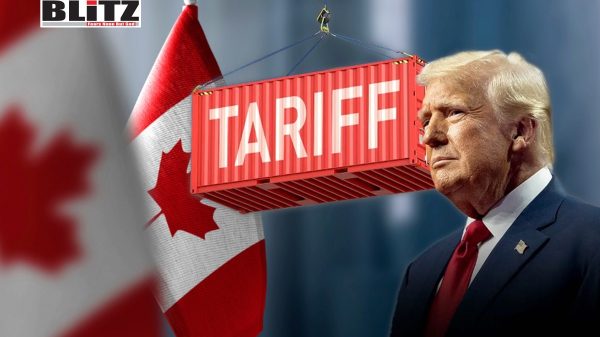
As President-elect Donald Trump prepares to take office, tensions between the United States and its northern neighbor, Canada, have escalated dramatically. Trump has pledged to impose a 25 percent tariff on all Canadian imports, aiming to pressure the country on issues ranging from trade imbalances to illegal immigration and drug trafficking. In response, Canadian officials are reportedly considering imposing their own extensive tariffs on US goods, signaling a potential trade war that could strain economic relations between the two countries.
Throughout his campaign and subsequent transition period, Trump has criticized NAFTA (North American Free Trade Agreement) and labeled it a disaster for American workers. His proposed tariffs-25 percent on Canadian and Mexican imports, and 10 percent on Chinese goods-are intended to protect US industries and encourage domestic production.
The President-elect’s rationale is rooted in economic nationalism, aiming to curb trade deficits and bring jobs back to the United States. However, his broad-brush approach to imposing tariffs risks alienating key allies, particularly Canada, which has been the United States’ largest trading partner and an essential supplier of goods such as crude oil, lumber, and agricultural products.
According to sources cited by Bloomberg, Canada’s government, led by Prime Minister Justin Trudeau, is exploring a range of retaliatory measures to counter Trump’s proposed tariffs. Canadian officials are reportedly preparing to go “dollar for dollar” by imposing equivalent tariffs on US exports to Canada.
This strategy could target a wide array of American goods, potentially hitting industries in key US states that rely heavily on exports to Canada. The objective would be to inflict economic pain on American businesses and consumers, thereby pressuring the US government to reconsider its aggressive trade stance.
In addition to imposing retaliatory tariffs, Canada is said to be considering export restrictions on critical commodities such as crude oil, uranium, and potash. These materials play a vital role in the US economy: Canadian crude oil accounts for a significant portion of US energy imports, uranium is essential for nuclear power, and potash is a key component in agricultural fertilizers.
Any restrictions on these exports would likely cause immediate disruptions in US supply chains and drive up costs for American industries. Higher energy prices, in particular, could have a ripple effect, impacting everything from manufacturing to transportation and consumer goods.
While the prospect of a trade war is serious enough, Trump’s recent comments have further inflamed tensions. Earlier this week, he suggested that Canada should consider becoming the 51st state of the United States, claiming that such a move would eliminate trade barriers and enhance national security. Trump even shared a map on social media depicting Canada as part of American territory, sparking outrage north of the border.
“You get rid of that artificially-drawn line and you take a look at what that looks like, and it would also be much better for national security,” Trump argued during a press conference.
The response from Canadian officials was swift and unequivocal. Prime Minister Trudeau dismissed the idea of annexation outright, posting on social media platform X, “There isn’t a snowball’s chance in hell that Canada would become part of the United States.” Trudeau’s remarks reflect the widespread indignation among Canadians, who value their sovereignty and distinct national identity.
The imposition of tariffs and the potential for retaliatory measures pose significant risks for both countries. Bilateral trade between the US and Canada totaled over $700 billion in 2023, and millions of jobs on both sides of the border depend on this economic relationship. Disrupting this trade could lead to higher prices for consumers, reduced profitability for businesses, and slower economic growth.
Furthermore, the diplomatic fallout from Trump’s annexation comments could complicate future negotiations on trade and other critical issues. Canada’s relationship with the United States has long been characterized by cooperation and mutual respect, but Trump’s provocative rhetoric risks undermining this partnership.
Experts warn that a full-blown trade war between the US and Canada would have far-reaching consequences. Both countries are deeply integrated through supply chains, and many industries-from automotive manufacturing to agriculture-rely on the seamless flow of goods across the border.
“A trade war would be a lose-lose situation,” said Sarah Thompson, a senior economist at the Canadian Institute for Trade Policy. “It would hurt businesses, disrupt supply chains, and ultimately harm consumers in both countries.”
However, others argue that Canada’s firm stance is necessary to protect its economic interests and sovereignty. “We cannot allow ourselves to be bullied into submission,” said James Sinclair, a trade analyst based in Toronto. “If Trump follows through with his threats, Canada must respond decisively.”
The potential trade conflict between the US and Canada is part of a broader shift in global trade dynamics under Trump’s “America First” policy. His aggressive stance on trade has already strained relations with other key partners, including Mexico and China, and could lead to a more fragmented global trade environment.
If Trump’s tariffs provoke widespread retaliation, the result could be a breakdown of the rules-based international trading system that has underpinned global economic growth for decades. Such a scenario would have serious implications for the global economy, potentially leading to reduced trade volumes, slower growth, and increased protectionism.
The brewing trade conflict between Canada and the United States represents a significant challenge for both countries. Trump’s proposed tariffs threaten to disrupt one of the world’s most important bilateral trade relationships, while Canada’s potential retaliatory measures could escalate the situation further.
As both sides prepare for a possible showdown, the stakes are high. Beyond the economic consequences, the dispute could reshape the political and diplomatic landscape between the two nations. For now, all eyes are on the incoming Trump administration and the Trudeau government as they navigate this tense and uncertain chapter in US-Canada relations.


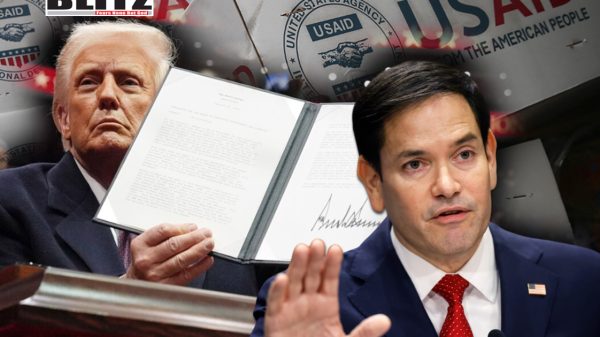

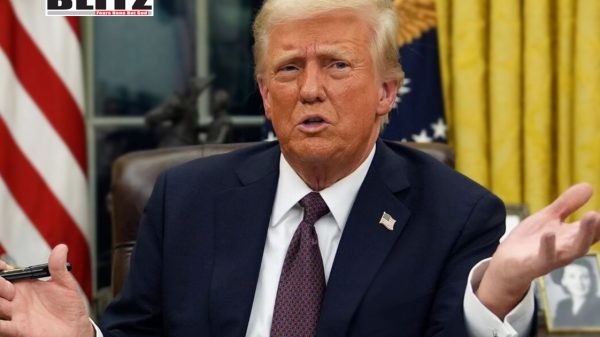

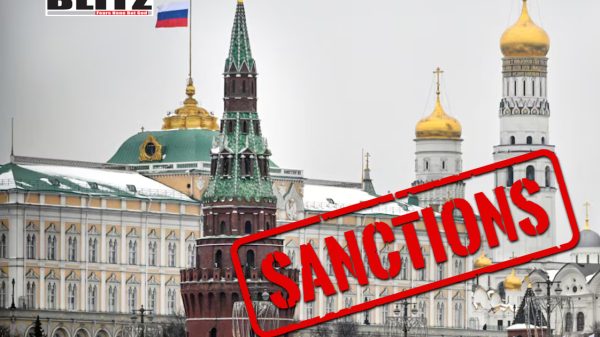




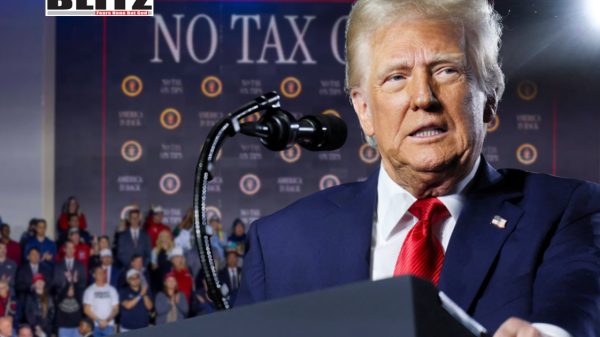


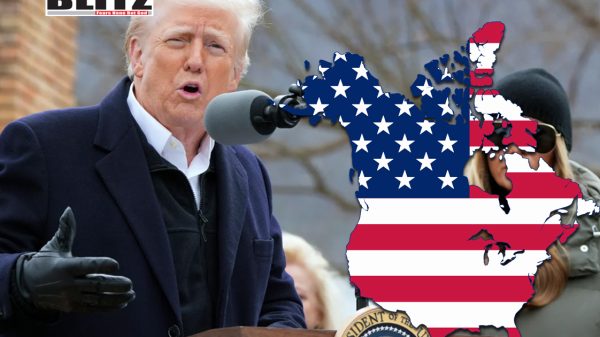

Leave a Reply